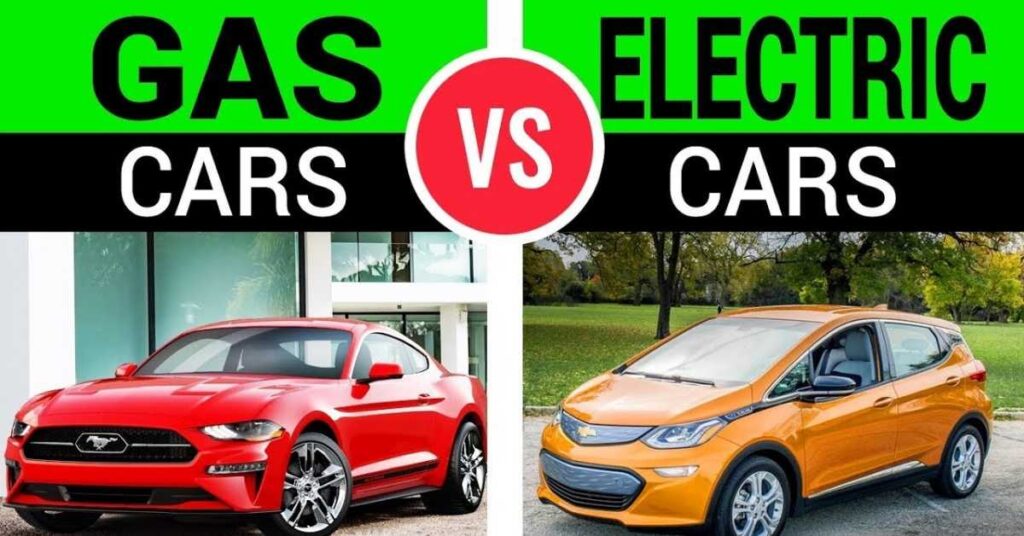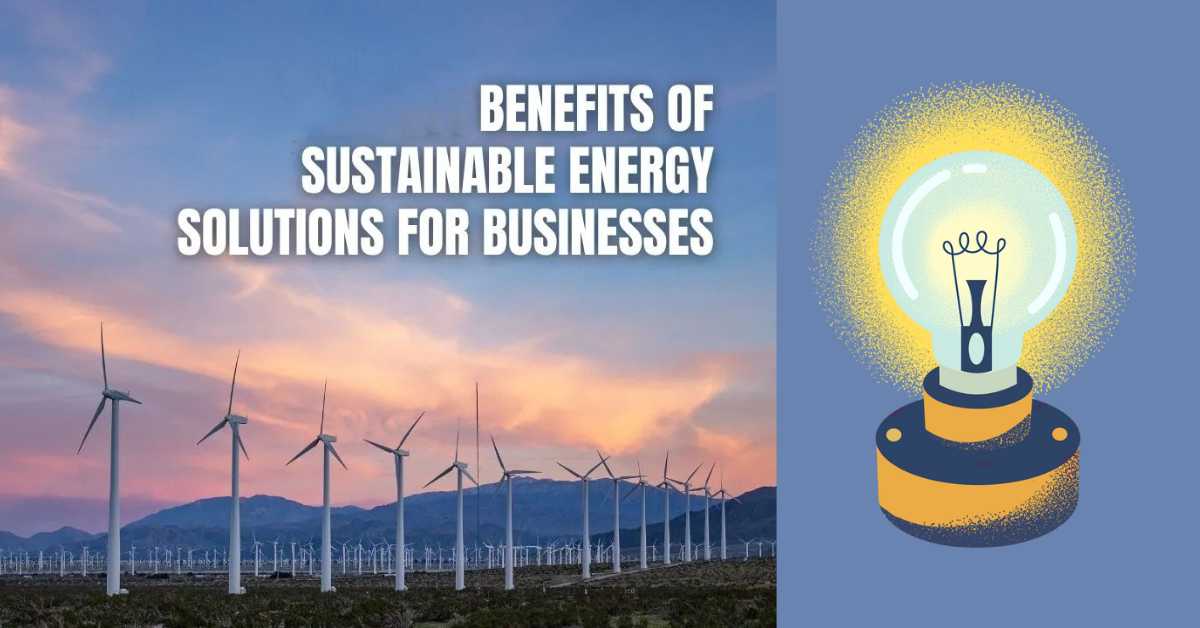Email: [email protected]


The electric vs. gasoline debate has intensified as eco-conscious consumers increasingly seek sustainable transportation options. With governments worldwide implementing stricter emissions regulations and incentivizing electric vehicle (EV) adoption, the automotive industry is undergoing a significant transformation. As technology advances, electric cars are becoming increasingly viable alternatives to traditional gasoline-powered vehicles.
This comprehensive guide will help you navigate the key factors to consider when deciding between electric and gasoline cars, including environmental impact, performance, cost, range, and practicality. Whether you’re a seasoned car owner or a first-time buyer, this article will provide valuable insights to inform your decision.
Discover the benefits and drawbacks of electric vehicles, explore the latest developments in EV technology, and learn how to choose the best option for your lifestyle, budget, and values.
Electric vehicles (EVs) offer a significant advantage over gasoline cars when it comes to environmental impact. By producing zero tailpipe emissions, EVs reduce greenhouse gas emissions and air pollution, contributing less to climate change and improving local air quality. In contrast, gasoline cars emit harmful pollutants, including carbon dioxide, nitrogen oxides, and particulate matter, which have detrimental effects on human health and the environment.
With EVs, you can enjoy a clear conscience knowing you’re doing your part to reduce your carbon footprint and promote sustainable transportation. As governments increasingly focus on reducing emissions and promoting eco-friendly technologies, EVs are becoming an attractive option for those seeking to minimize their environmental impact.
When considering the cost of electric cars versus gasoline cars, it’s essential to look beyond the initial purchase price. Electric vehicles (EVs) often come with a higher upfront cost, but they offer significant savings in the long run. With fewer moving parts and no oil changes needed, EVs require less maintenance, resulting in lower costs over time.
In contrast, gasoline cars may be cheaper initially, but they require more frequent maintenance, including oil changes, filter replacements, and other services. These costs can add up quickly, making EVs a more cost-effective option in the long run.
By choosing an electric car, you can enjoy significant cost savings over the life of the vehicle. With lower maintenance costs, reduced fuel costs, and government incentives, EVs offer a compelling financial advantage.
When it comes to performance, electric cars have a distinct advantage over their gasoline-powered counterparts. Electric vehicles (EVs) boast instant torque, providing faster acceleration and a smoother ride. This instant power delivery is due to the electric motor’s ability to produce maximum torque from a standstill, resulting in quicker acceleration and a more responsive driving experience.
In contrast, gasoline cars, while still offering impressive performance, can’t match the instant power of EVs. Gasoline engines require time to build up power and reach maximum torque, resulting in slower acceleration and a less responsive driving experience.
Additionally, EVs tend to have a more even power delivery, resulting in a more predictable and controlled driving experience. This makes EVs well-suited for a variety of driving scenarios, from daily commutes to long road trips. With their instant torque and smooth power delivery, EVs offer a driving experience that’s both exhilarating and comfortable.
Click on the next page button to continue enjoying the article!












To provide the best experiences, we and our partners use technologies like cookies to store and/or access device information. Consenting to these technologies will allow us and our partners to process personal data such as browsing behavior or unique IDs on this site and show (non-) personalized ads. Not consenting or withdrawing consent, may adversely affect certain features and functions.
Click below to consent to the above or make granular choices. Your choices will be applied to this site only. You can change your settings at any time, including withdrawing your consent, by using the toggles on the Cookie Policy, or by clicking on the manage consent button at the bottom of the screen.
